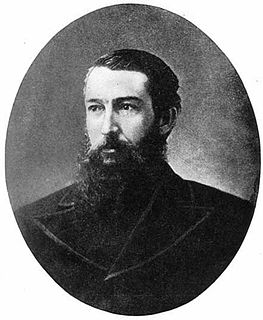A Quote by Alex Lemon
Poetry needs to be alive, unabashedly, and, for me, that entails seeing its complexity, the grit and grimness and jubilance and beauty.
Related Quotes
I've never thought of my poems as violent. Violence, to me, has so much negativity attached to it - maybe that's my trouble with the word. But ferocious - indeed, I'll take it. And yes, poetry does need a bit of ferocity. Poetry needs to be alive, unabashedly, and, for me, that entails seeing its complexity - the grit and grimness and jubilance and beauty.
I felt him there with me. The real David. My David. David, you are still here. Alive. Alive in me.Alive in the galaxy.Alive in the stars.Alive in the sky.Alive in the sea.Alive in the palm trees.Alive in feathers.Alive in birds.Alive in the mountains.Alive in the coyotes.Alive in books.Alive in sound.Alive in mom.Alive in dad.Alive in Bobby.Alive in me.Alive in soil.Alive in branches.Alive in fossils.Alive in tongues.Alive in eyes.Alive in cries.Alive in bodies.Alive in past, present and future. Alive forever.
In a way, that's also a recognition that Dante needs Virgil and that the Inferno needs the Aeneid and that the epic needs a model and that for Dante to write this great poem he needs someone to come before him and he turns to Virgil's text, especially book six where Aeneas goes down into the underworld. And for me, that's a model of the poet's relationship to previous poetry, to another poetry as calling out for guidance.
It doesn't matter if people are playing jazz or writing poetry. If they want to be successful, they need to learn how to persist and persevere and keep on working until the work is done... I bet there isn't a single highly successful person who has not depended on grit. Nobody is talented enough to not have to work hard, and that's what grit allows you to do.
Or, to express this in another way, suggested to me by Professor Suzuki, in connection with seeing into our own nature, poetry is the something that we see, but the seeing and the something are one; without the seeing there is no something, no something, no seeing. There is neither discovery nor creation: only the perfect, indivisible experience.




































